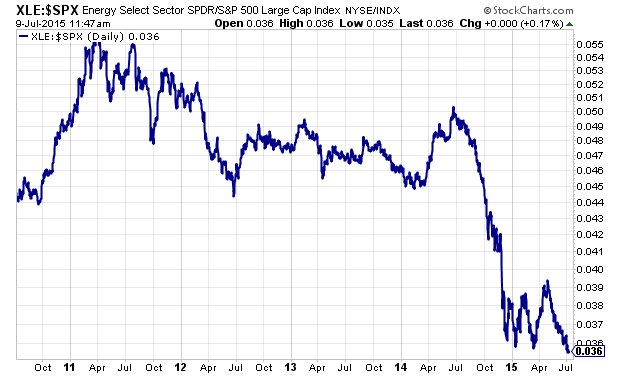It looks like you're new here. If you want to get involved, click one of these buttons!
This has some drawbacks. From the brokerage account, you cannot direct dividends into an outside account; you have to take the dividends in your core/settlement account and manually move them to your outside account. You cannot do a Roth conversion in dollars, you must specify shares. (This may matter in some states where IRA distributions, including Roth conversions are state tax exempt only up to a specified dollar amount.) And you can't write checks from a MM account within a brokerage.Vanguard used to give you one account number for Vanguard MFs and a different account & number for investments bought thru the brokerage. Last year they consolidated - Vanguard funds, other family funds, stocks, etfs, etc. are all accounted for under one account/number now. (Of course you'll have more than one account if you have, for example, a taxable account and an IRA with them.) The consolidation made V. just like Fidelity in that regard.
Depends what kind of account you have with them. 180 days seems "right" for a taxable brokerage account, but their terms are different for IRAs and for HSAs (which seem to be considered IRAs there for most purposes).
Ameritrade is a delightful 180 day holding period.... used to be 90.
Ameritrade is a delightful 180 day holding period.... used to be 90.Hi @AndyJ
Have not checked; but just from the top of the head recall.
The 60 day rule "sale" holding period for some funds


© 2015 Mutual Fund Observer. All rights reserved.
© 2015 Mutual Fund Observer. All rights reserved. Powered by Vanilla